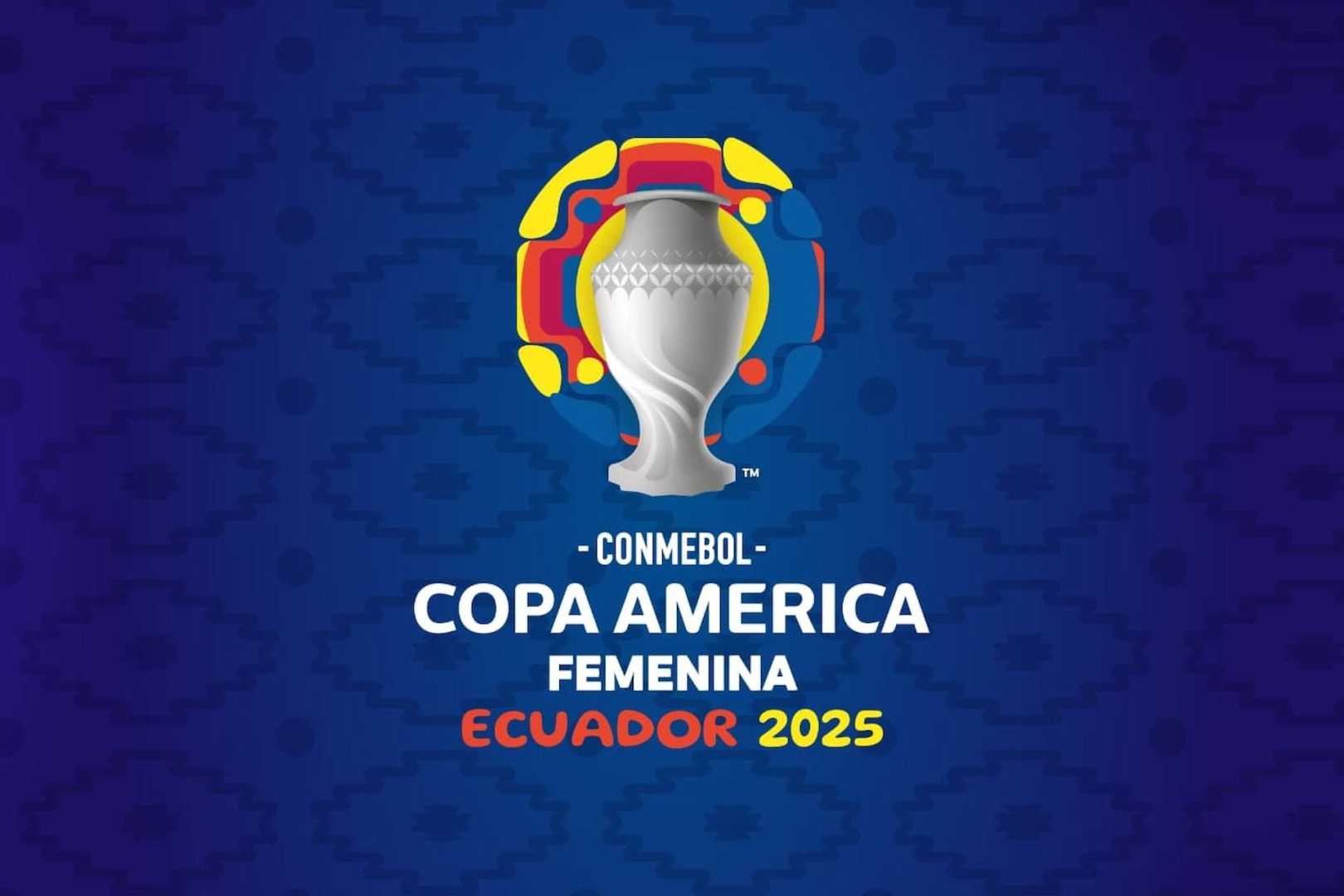Sports
Copa América Femenina Faces Challenges Amid Complaints from Players

Quito, Ecuador — The Copa América Femenina is facing a rocky start as players voice concerns over training conditions, lack of VAR, and notably low attendance at matches. The tournament, which features South America’s top women’s soccer teams, has seen multiple complaints since it began.
Prominent Brazilian forward Marta, a six-time world player of the year who came out of retirement to join Brazil for the tournament, expressed dissatisfaction with warm-up conditions at the Gonzalo Pozo Ripalda Stadium. “There wasn’t enough space. I don’t understand why we can’t warm up on the pitch. We hope that CONMEBOL will address some of these issues and take steps to improve. Is this professional football?” Marta said.
CONMEBOL, the governing body for soccer in South America, has not yet responded to these complaints. Brazil’s Ary Borges stated, “Even amateur tournaments are better organized than this. Why do things like this happen in women’s football? Honestly, I think we deserve much better.”
The Copa América Femenina is taking place across three venues in Quito, with the final set for August 2 at the Rodrigo Paz Delgado Stadium, which can hold 44,000 fans. However, low attendance has been a relentless issue, as many stadiums appeared nearly empty during matches. For instance, only 6,000 fans attended Ecuador’s opening match against Uruguay, despite the stadium’s capacity of 12,000.
Furthermore, players have criticized the decision to limit VAR use during the tournament, stating that video review will only be available in the semifinals and finals. Chilean striker Yanara Aedo noted, “It’s disrespectful that there’s no VAR. The European Championship is being held at the same time, and for us, as players, it’s a disgrace to watch the European Championship and the Copa América.”
The issues began even before the tournament started, with Uruguay expressing dissatisfaction with their federation over training conditions prior to their matches. They only agreed to participate after their demands, which included improved facilities and allowances, were met.
The lack of promotion has also plagued ticket sales; reports indicated that some matches had only sold 30 tickets, and the tickets went on sale just days before the opening match. FIFPRO, the global union for soccer players, highlighted that the challenges seen in this tournament are reflective of a broader issue in women’s soccer globally.
As complaints continue, the spotlight remains on both CONMEBOL and tournament organizers to address these concerns as teams aim to compete for the championship
.












